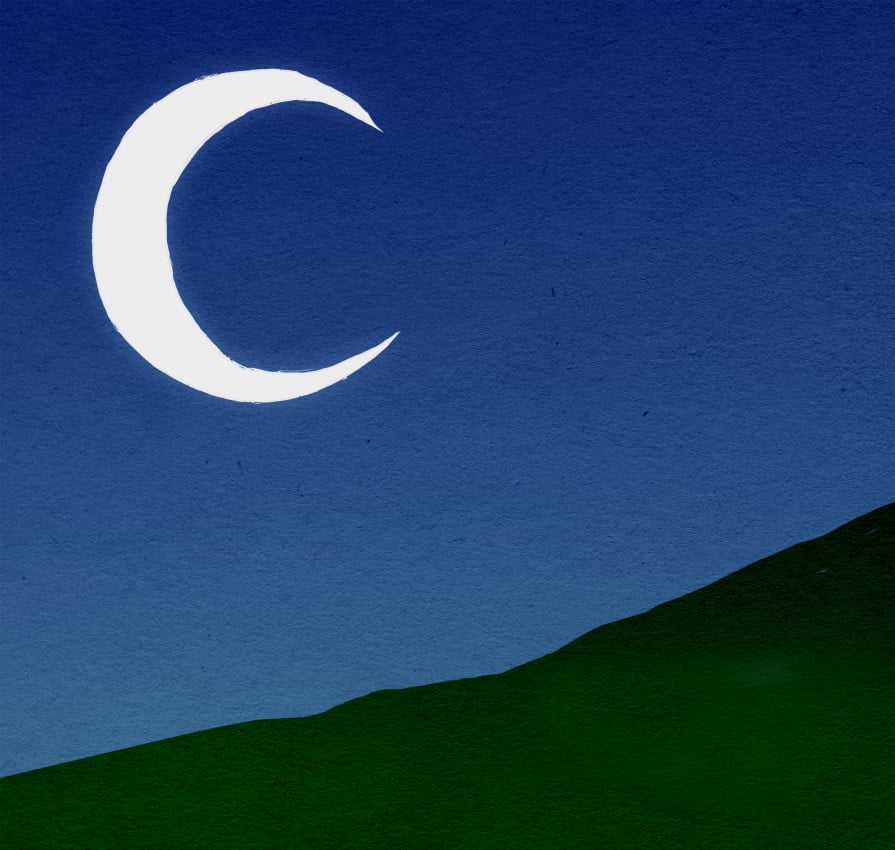CHELSEA POWRIE
Culture Editor
Many Muslims at the University of Saskatchewan will be observing Ramadan this month, fasting from dawn to dusk and connecting with their faith and community.
Since Ramadan is based on the lunar calendar, its starting date shifts by roughly 10 days each year. While forgoing food during daylight hours sounds difficult at the best of times, doing so while involved in classes or research seems especially daunting. But biomedical sciences graduate student Syed Ahmad doesn’t find that the word difficult applies — for him, it is all about perspective.
“Imagine trying to do a ‘hard’ task — for example, solving that ‘difficult’ math problem,” Ahmad said. “Although it may be ‘hard’ at face value, to the person doing it the task may be fun and the satisfaction achieved at the end is worth it.”
Ramadan is a very special time for Ahmad. He uses this opportunity to reflect on what it means to be a good Muslim.
“We look upon all of our actions and deeds and ask our souls: Was this the best you can do? Could you have done better towards another person? Are your deeds accepted by Allah?” Ahmad said.
During the month, fasting serves as a way for Muslims to become more conscious of God. It isn’t an act of atonement — it is a way to achieve righteousness. Muslims are also more conscious of how they speak of others and abstain from intercourse during daylight hours. It is a spiritually rewarding month for Ahmad and millions of Muslims worldwide.
However, Ahmad admits Ramadan isn’t without its challenges. He is involved in research for his masters degree, and the spiritual and physical demands of Ramadan can be difficult to balance with these commitments. Good deeds, both private — like prayer, for example — and public, carry a 700 times multiplied reward during this month. As such, Ahmad feels motivated to spend more time on worship.
“But I still have to make time for work, study and other worldly activities,” Ahmed said. “Finding this balance is an art!”
Muslim students on campus don’t have to meet this challenge alone. The Muslim Students’ Association is active in providing resources and opportunities for community gatherings. Friday prayer, the most important of the prayers throughout the week, is offered throughout the year. The MSA maintains a website and Facebook group where members can connect and stay informed. According to Ahmad, this community connection is one of the best parts of Ramadan.
“Many Muslims come together in a mosque or at a friend or relative’s house,” Ahmad said. “There are prayers in congregation and often you get to catch up with friends you haven’t seen for some time. For me, this is one of the greatest blessings of the Blessed Month.”
The end of Ramadan is an especially exciting event. The final breaking of the fast is called Eid al-Fitr and it falls on the day the first sliver of the new crescent moon is seen in the sky. Communities come together to congratulate each other, sharing delicious meals and visiting with friends and family. The MSA also has plans to host an Eid BBQ.
The importance of community is a theme that occurs throughout Ramadan and Ahmad said this applies to everyone.
“Ramadan is a great month for Muslims and non-Muslims alike. For anyone interested in hearing why Muslims do what they do, I encourage them to visit a mosque and find out,” Ahmad said.
The MSA also offers a weekly Halaqah — an open meeting to discuss the basics of Islam — on Friday evenings. Although Ahmad is a scientist this does not preclude him from having a deep spiritual life. He thinks that some misconceptions about Ramadan and Islam in general can be cleared up by people looking through a Muslim perspective.
“Not all of life’s answers are mathematical or scientific. Sometimes, you need to feel what the other person feels to understand them,” Ahmad said.
The bottom line for Ahmad is that Ramadan is a fun and spiritual month, not an unpleasant chore. The Muslim community at the U of S will leave this month feeling closer to both each other and to their faith.
—
Image: Jeremy Britz/Graphics Editor
Leave a Reply